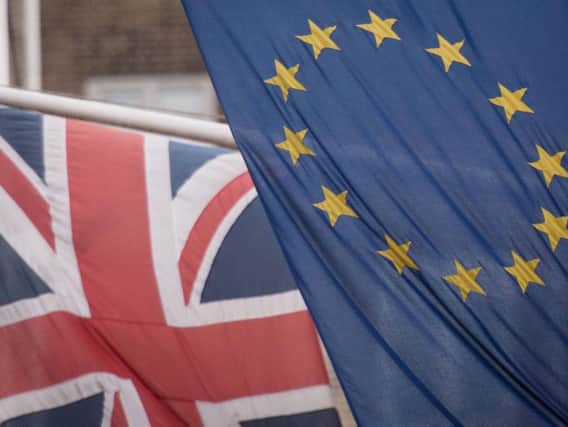Bosses' fears over consequences of no deal Brexit appear to be easing, says survey


Read more;
The Chartered Governance Institute’s survey found that 69 per cent of respondents to a survey of FTSE 350 companies believe the UK economy will decline in the coming year. Just 7 per cent expect an improvement in the UK economy and only 10 per cent anticipate an upturn in the global economy. Despite the gloom, fears appear to be easing over Brexit with fewer companies now rating a no-deal Brexit as damaging. A spokesman said: “UK PLC is on the fence about the effect of no-deal Brexit, however, with 40 per cent believing it would be damaging, 40 per cent believing it would not and 20 per cent unsure.”“Parts of the FTSE seem to be rallying in terms of how they view the impact of leaving the EU,’’ the survey said.“Now 3 per cent of respondents view leaving as positive, the first time we have seen an expression of this sentiment since summer 2017 when 2 per cent of respondents saw an exit as positive. “Fewer companies now rate an exit as potentially damaging (59 per cent compared to 73 per cent in winter 2018) and the number of respondents predicting no change for their business has increased from 28 per cent to 38 per cent. “That said, the number of companies considering moving, or already having moved, a substantial part of their business from the UK to somewhere in the EU has increased – 12 per cent as opposed to 4 per cent six months ago and 3 per cent a year ago. The statement added: “The number not considering this option, but that already have an EU subsidiary, has risen from 25 per cent in summer 2018 to 32 per cent.”